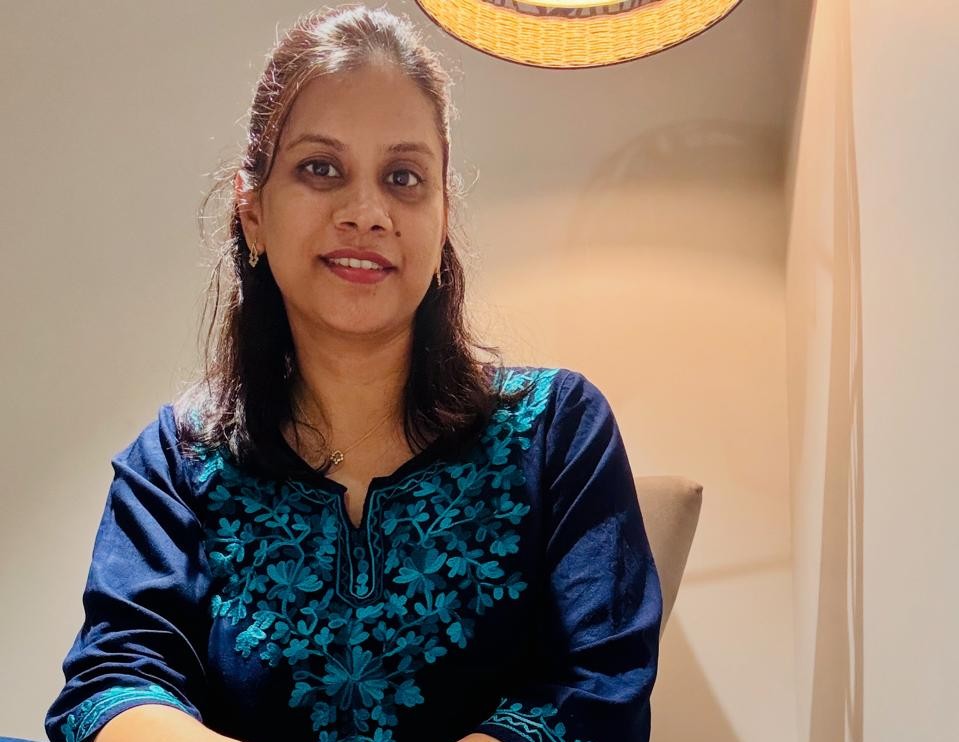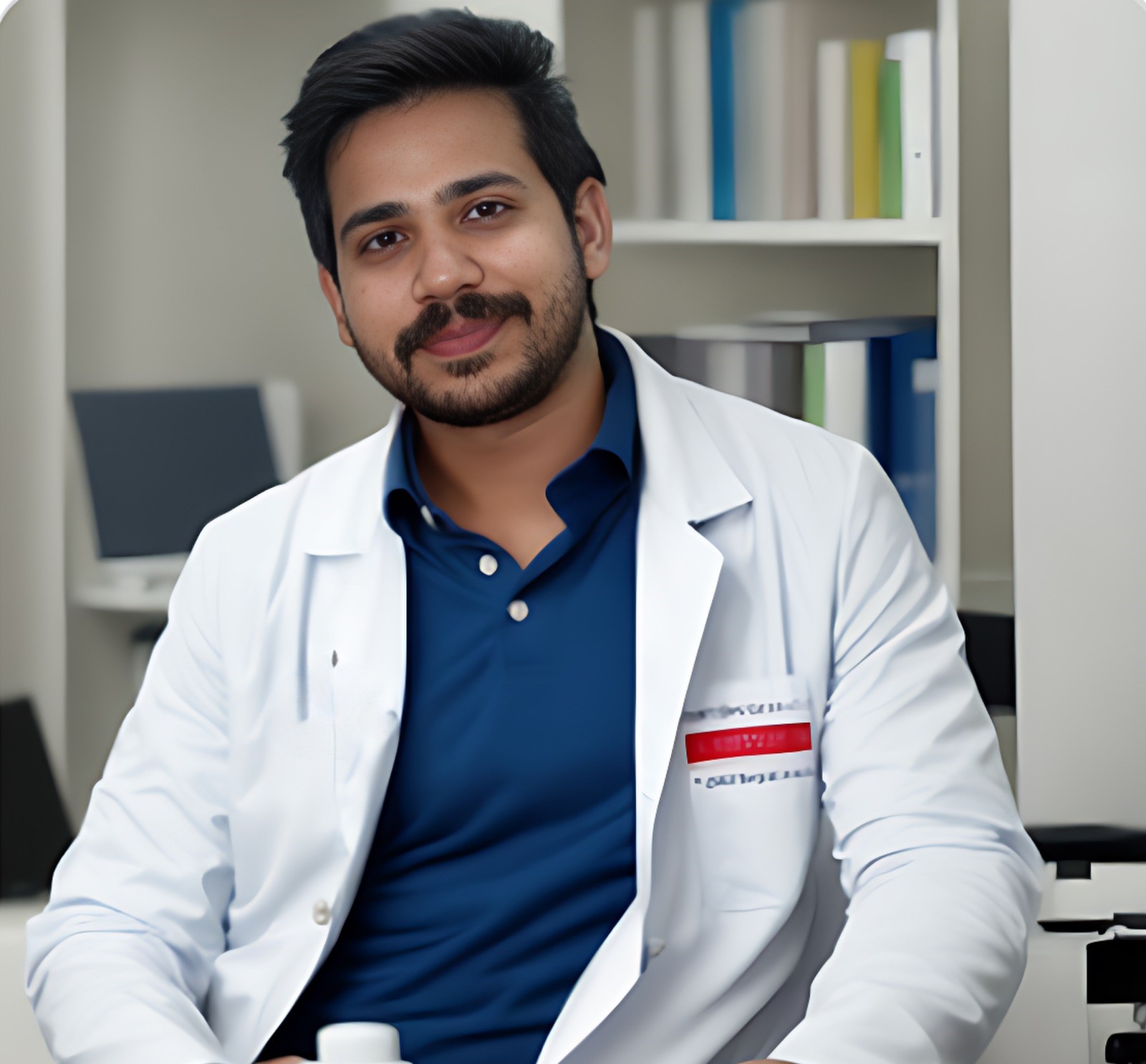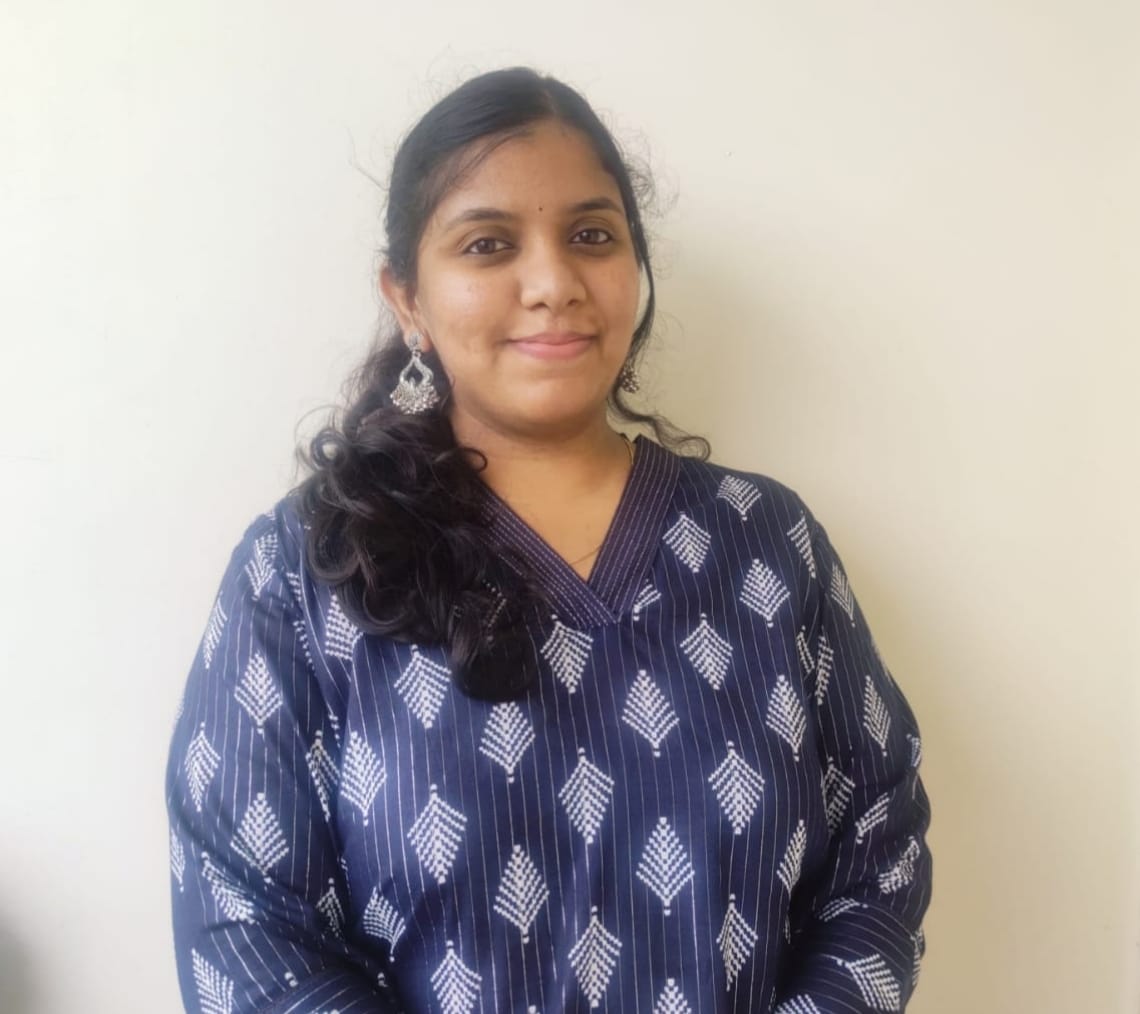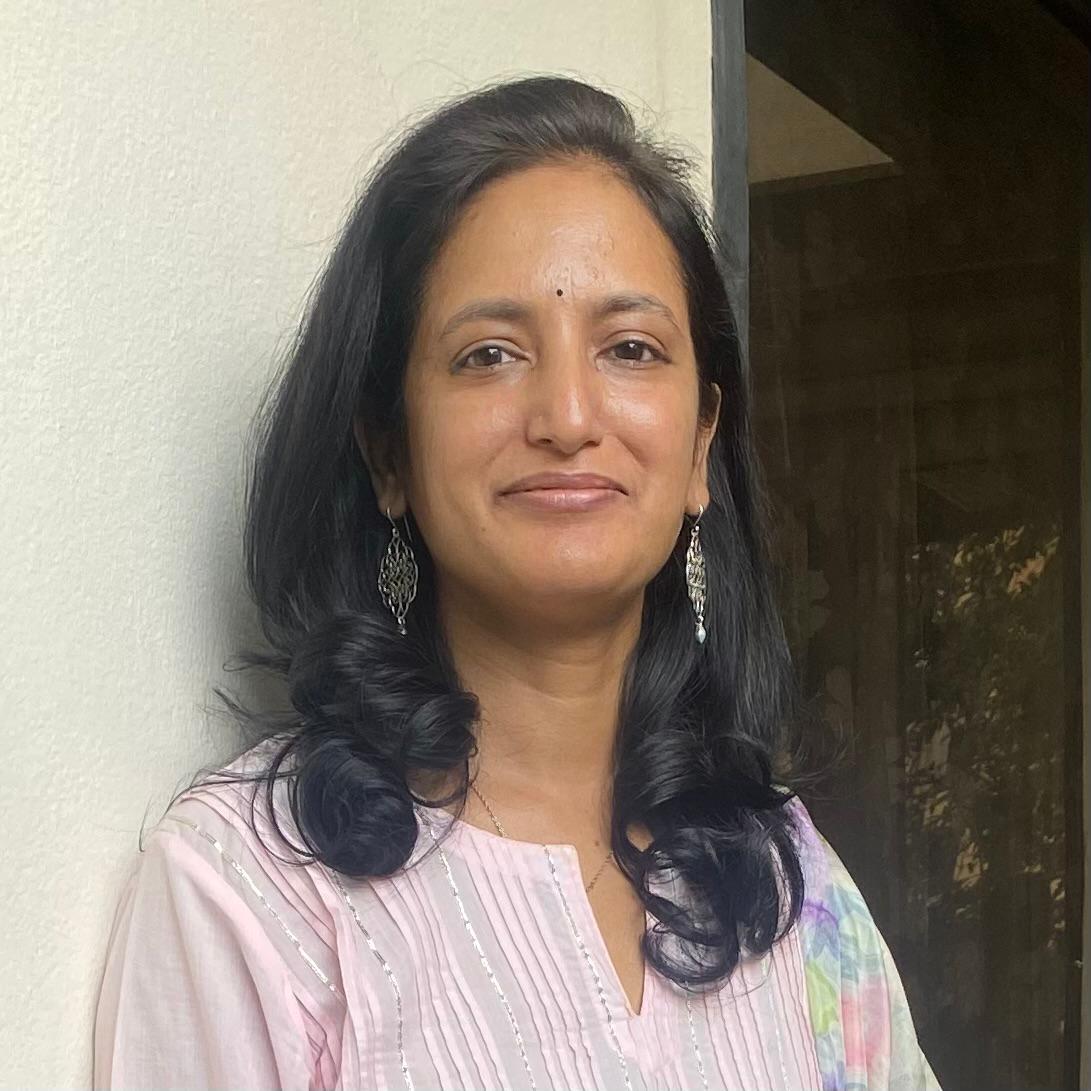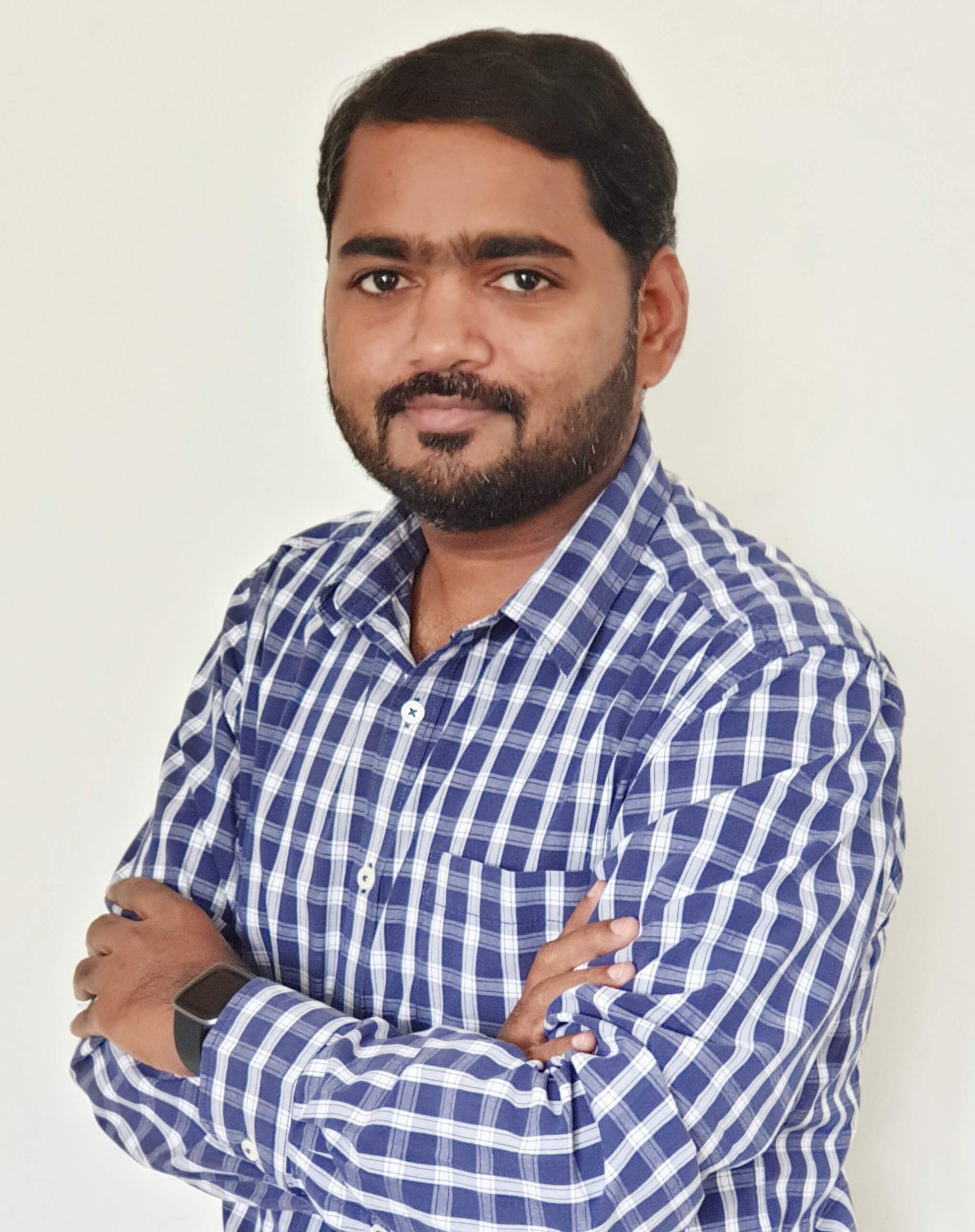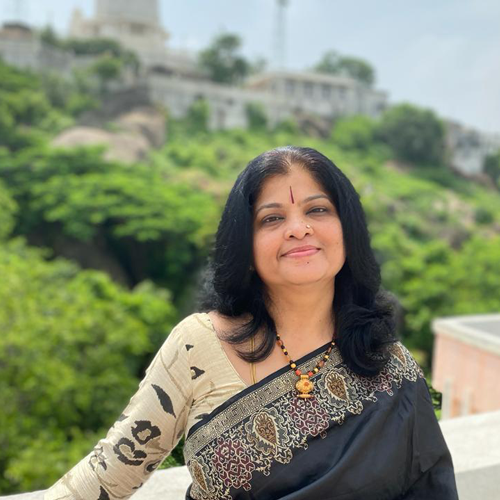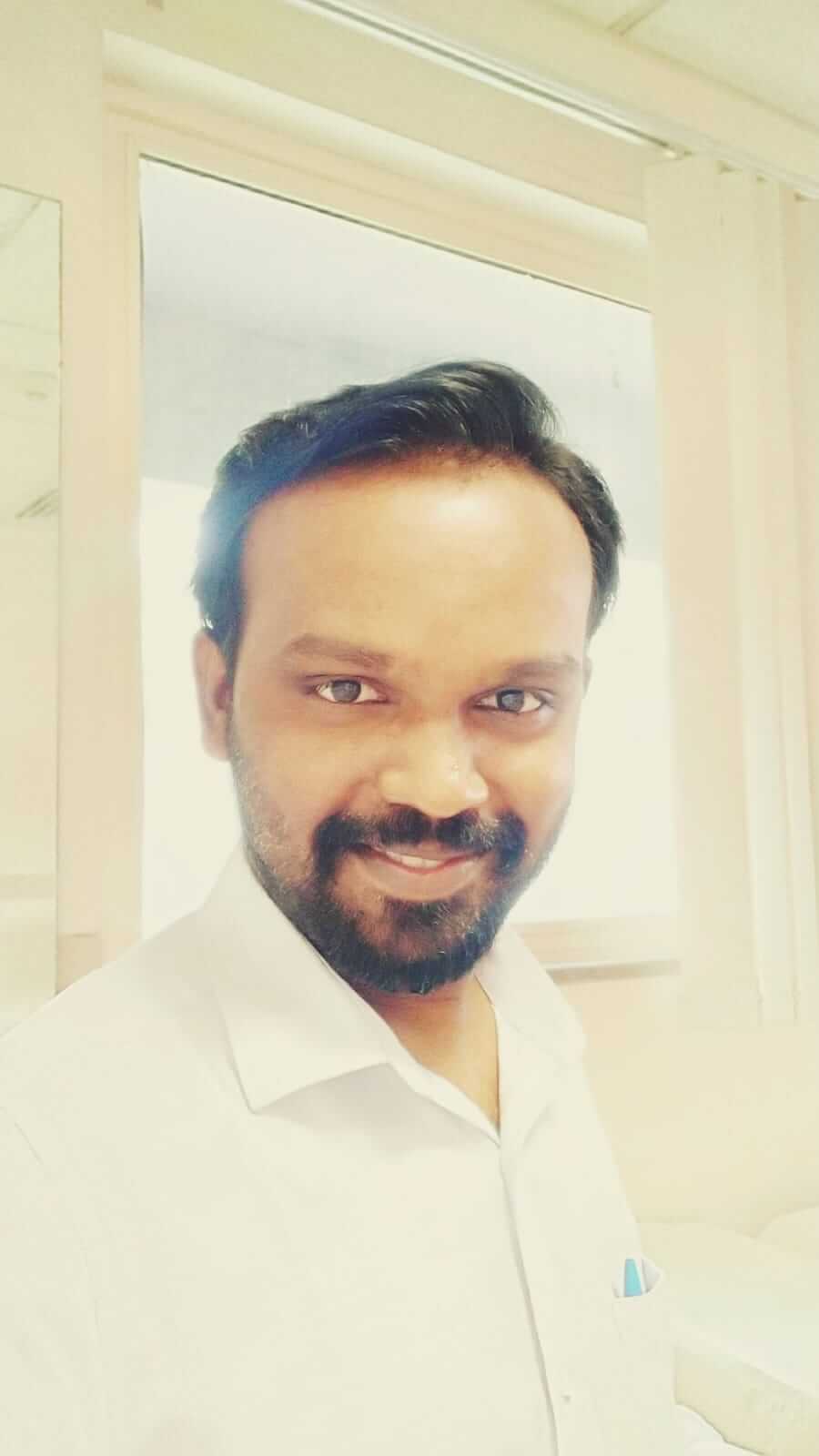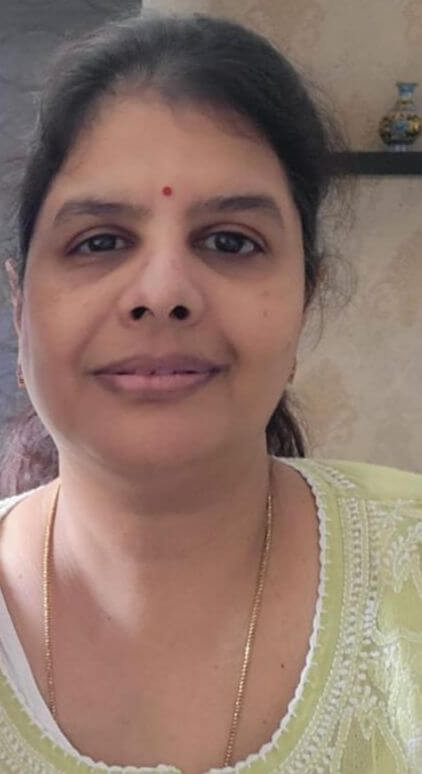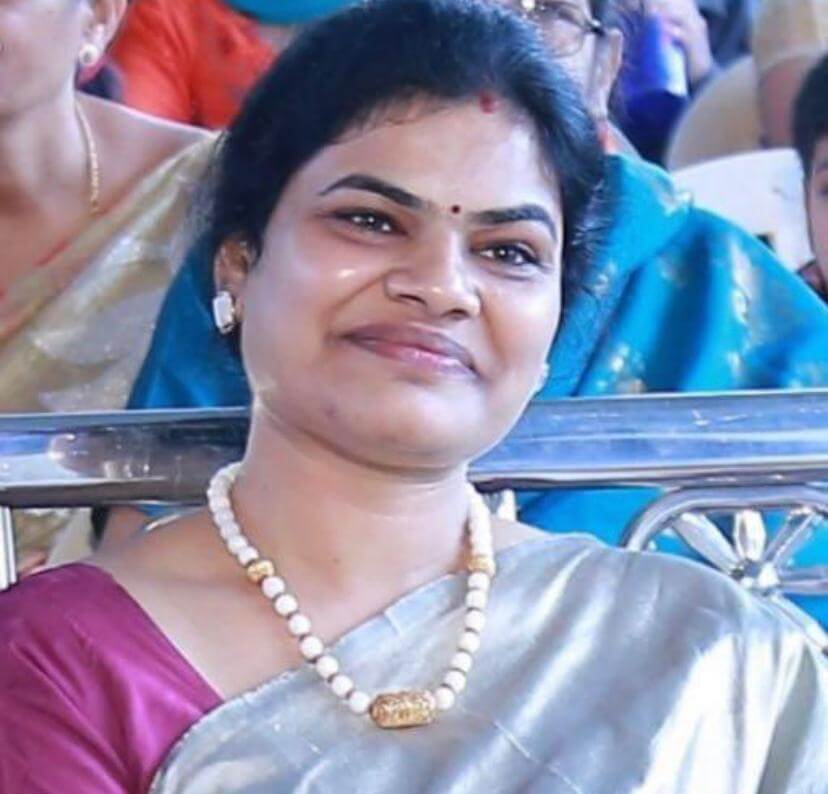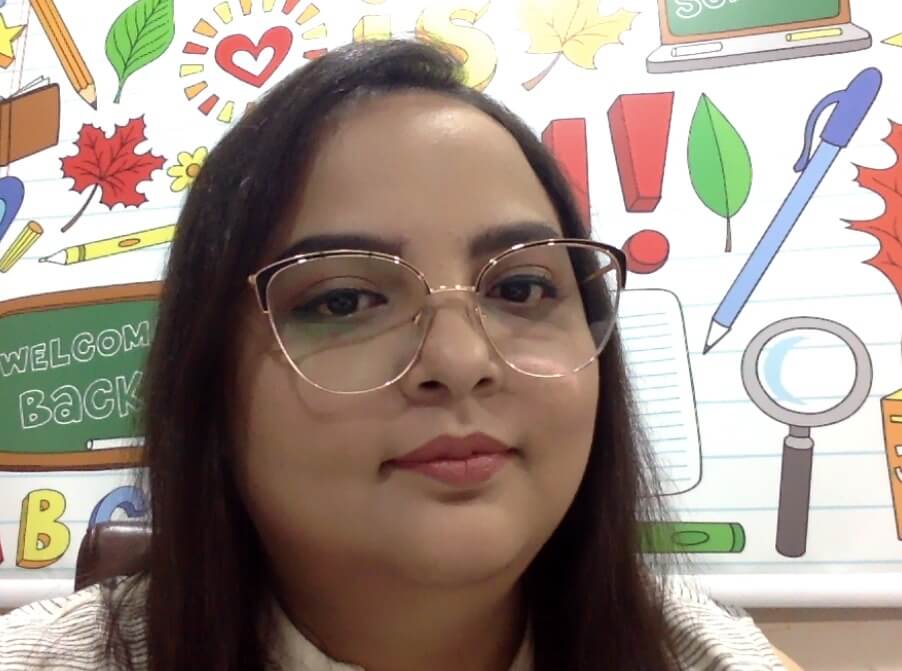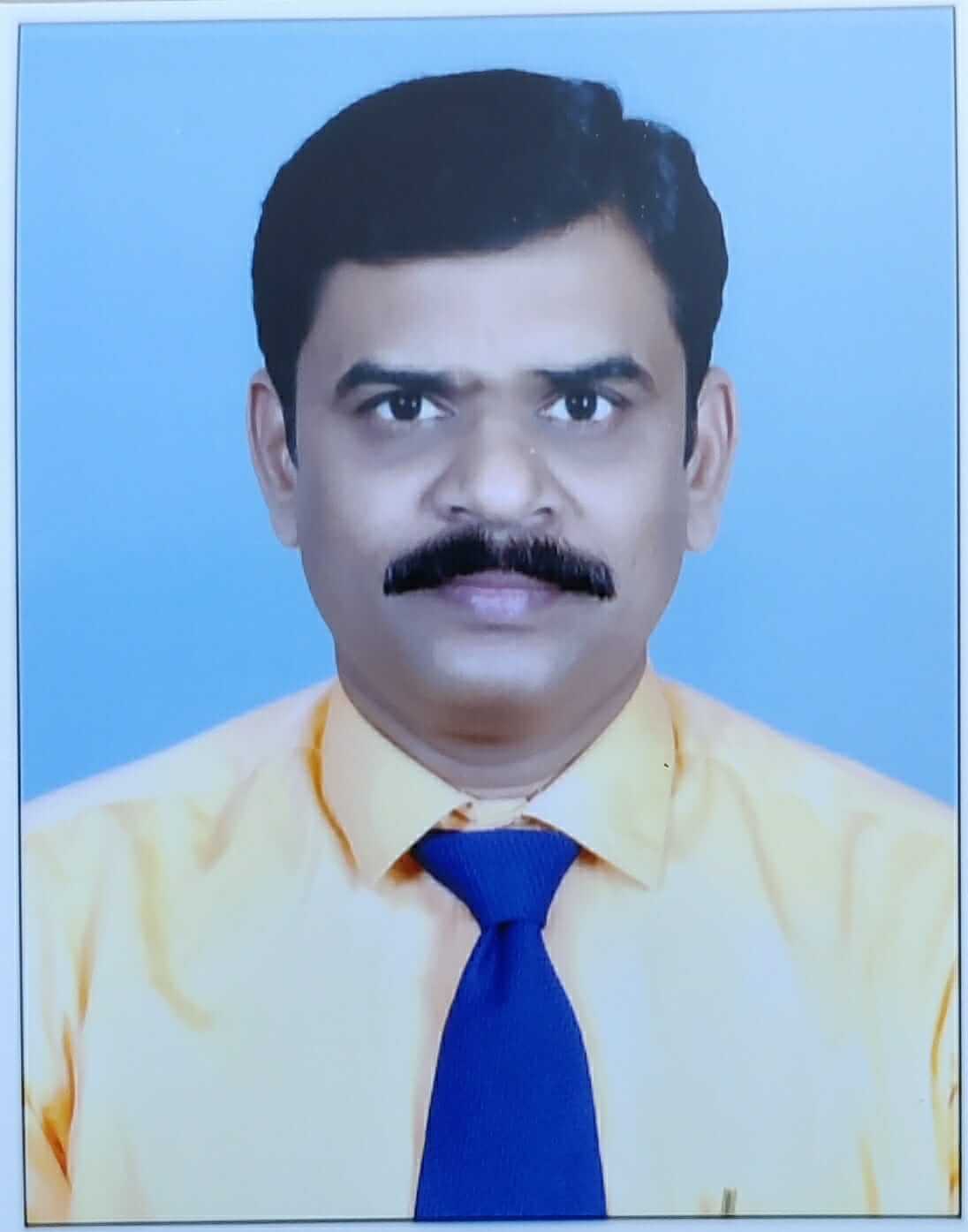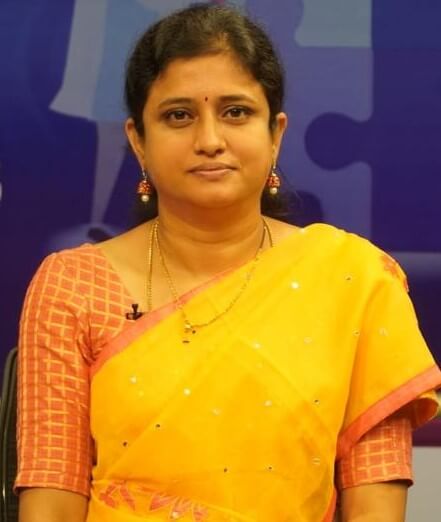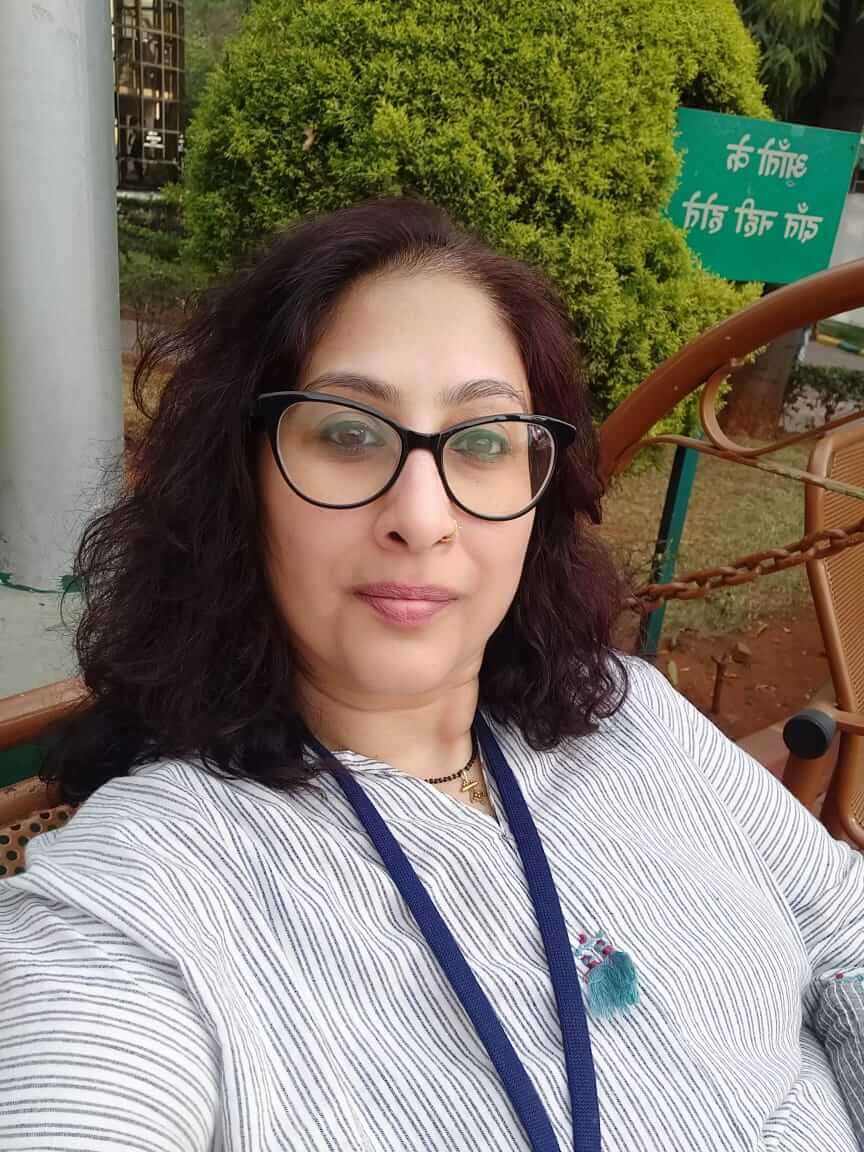Relationship Counselling
It doesn’t matter if you’re on your own, married, living together, single, gay, bisexual, straight or transgender – we’re here to help you, however you identify.
At Relate, we have experience in counselling people from different backgrounds, including LGBT individuals and couples, so you can rest assured you’ll find a counselor to meet your needs.
Lots of people have an idea of what relationship counselling is and think that you only need counselling when things get really bad. But we’re here whenever you need us, no matter what situation you face in your relationship. Even if your problems seem trivial, we can help.
What is Relationship Counselling?
Every relationship in a family is interdependent on the other members and often we are emotionally drawn to each other for approval, acceptance and affection. Being in relationships brings with it some of the purest joys of life and also a source of discomfort and hurt.
Tensions are created in relationships when emotional needs are not met, when expectations are high or when there are ego clashes. Relationships need to be nurtured in safe environment where difficult emotions like fear, anger and sadness and judgements can be processed. It doesn’t mean that happy couples or families do not have their conflicts but are emotionally aware how they impact the others in the family.
At the core of any relationship, be it an unhappy couple, a difficult parent-child or a troubled self, there would be most often deeply rooted ego issues that cause a huge rift., During such distressing times they often turn away from each other. They do this physically, emotionally, verbally and cognitively. Relationship counselling can improve communication and other important aspects of living.
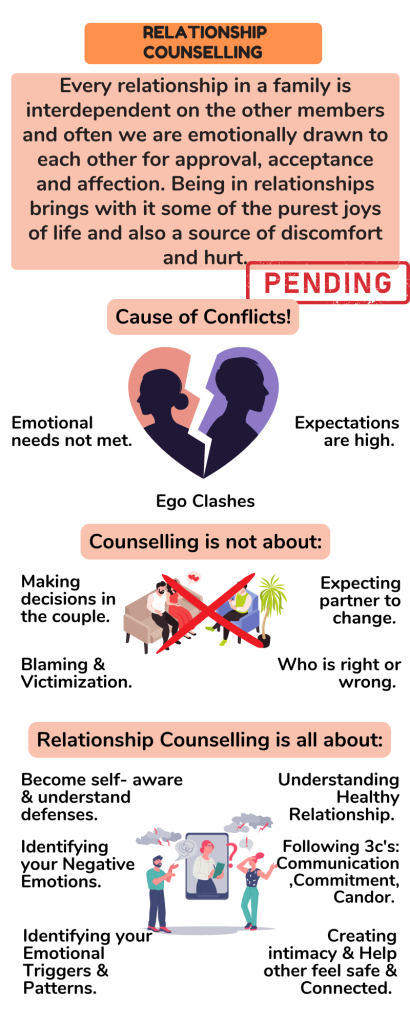
Relationship counselling is not about
- Making decisions in the couple or family relationships
- Blaming and victimization
- Pointing out who is right or wrong and promoting self-righteous behaviour
- Expecting the partner to change his/her behaviour.
Relationship counselling helps the members in the family or a couple to
1. Become self-aware and understand their defenses
2. Identifying their negative emotions and intent and the urges that are destructive to the relationship
3. Identifying emotional triggers and patterns in relationships
4. Understanding that healthy relationships is all about the 3 Cs- communication, commitment and candour.
5. Creating intimacy so that self-disclosure and being vulnerable could help the other person feel safe and connected
So before one wants to make relationship better one has to stop making things worse and relationship counselling helps in learning new skills to lead healthy and productive life together.COVID-19 update
Relate has increased the availability of our highly trained counsellors to support everyone’s relationships during this unprecedented time

